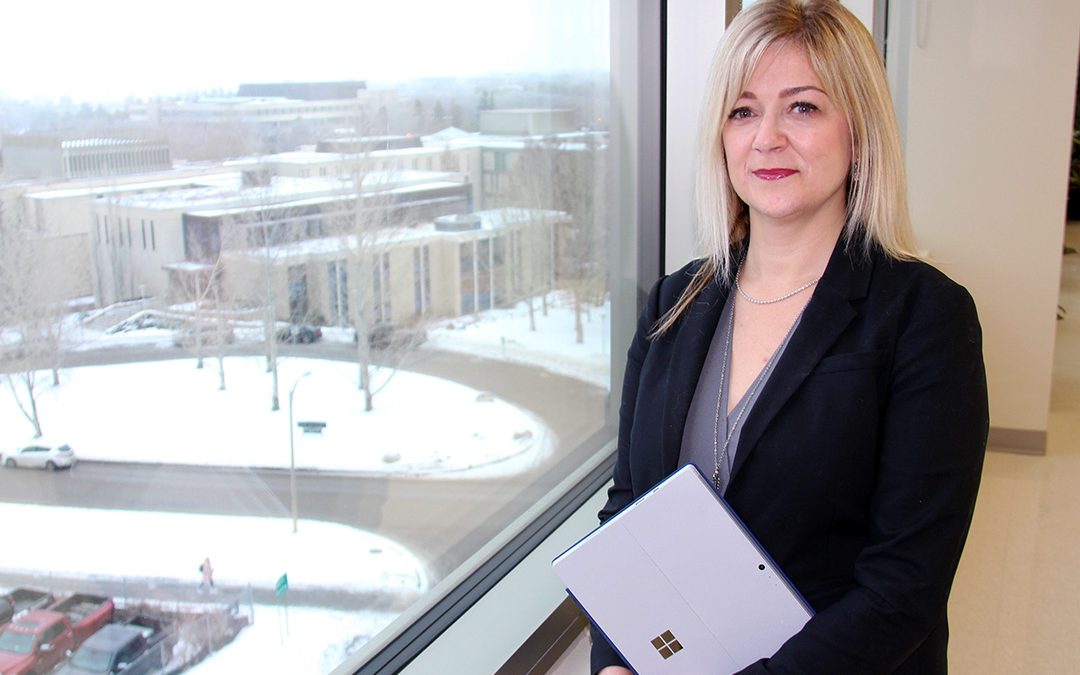A new University of Saskatchewan course sets its focus on providing students with a better understanding of Indigenous history, culture and communications protocols.
The “Building Awareness of Cultural Humility” course, being offered through the College of Medicine, is designed for health services staff and students who want to learn more about health sciences from a First Nations perspective and improve overall relations with Indigenous people.
The course was launched last month and is part of the Role of Practitioners in Indigenous Wellness program.
The departments of Continuing Physical Therapy Education (CPTE) and Continuing Medical Education (CME) deliver the program which also offers another course called “The Role of Practitioners in Indigenous Wellness.”
Continuing Physical Therapy Education program director Dr. Stacey Lovo Grona says the program has been changed to align with the recommendations from Canada’s Truth and Reconciliation Commission.
“It’s a living and breathing thing,” Lovo Grona says. “Were changing it constantly to reflect learner’s needs as well as community and elder recommendations.”
More than 200 students have taken the course since 2015.
“Were getting tremendous reports about the amount of learning that is happening and the transformation that it’s providing for participants to have more confidence to provide safe spaces,” Lovo Grona adds. “It’s the responsibility of all Canadians to make efforts to build relationships.”
CPTE and CME partnered with the Federation of Sovereign Indigenous Nations (FSIN) to develop the program after receiving a $35,000 grant from the Canadian Medical Protective Association.
“That covered the development and the needs assessment,” Lovo Grona says. “We did a needs assessment with community members and stakeholders such as the FSIN.”
Scientific Director Dr. Carrie Bourassa of the Institute of Indigenous Peoples’ Health at the U of S helped develop some of the curriculum for the program.
“We’re getting to the space around change and decolonization and the deconstruction of hundreds of years of colonization that has impacted and continued to impact Indigenous people,” she says in a released statement. “It’s a start, it gets people to start doing that important work of introspection and self-reflection. That’s what cultural safety is all about. You want people to do that hard work.”
Indigenous people have designed, developed and taught the two courses.
“Health care can be a vulnerable environment for many but especially for those in our Indigenous communities,” CME Associate Dean Dr. Jim Barton says in the same statement. “Indigenous community members tell us that the elements of the residential schools, which caused so much intergenerational trauma, are also evident in the culture of our health care system.”
(PHOTO: Dr. Stacey Lovo Grona. Photo courtesy of Kristen McEwen.)
